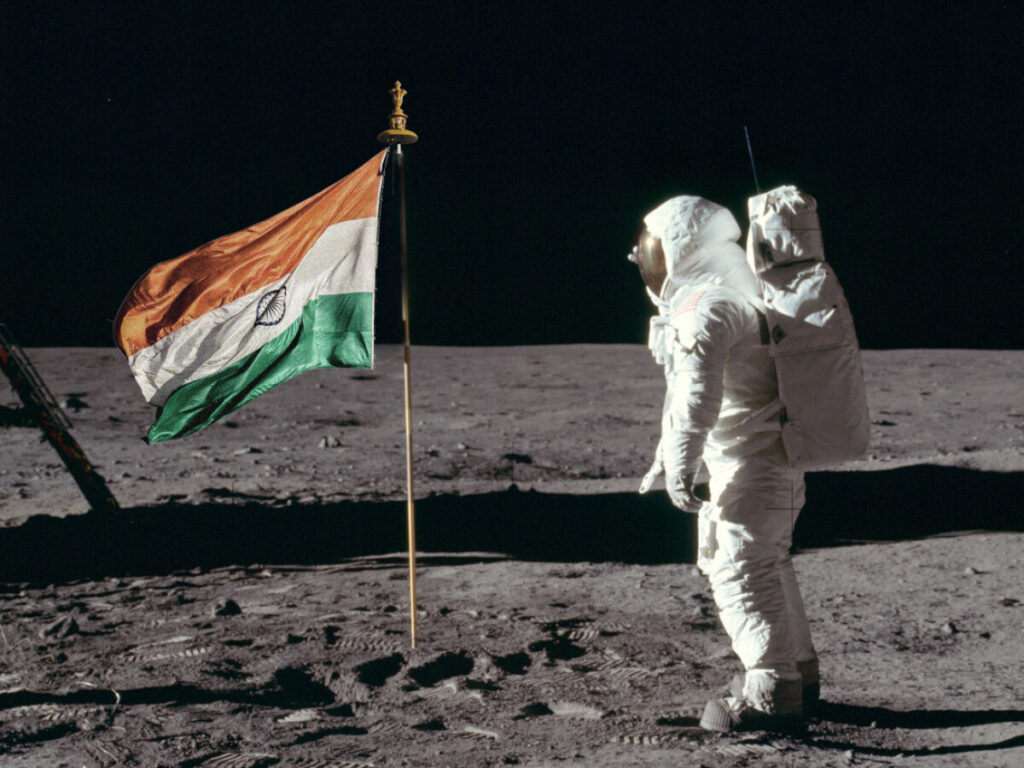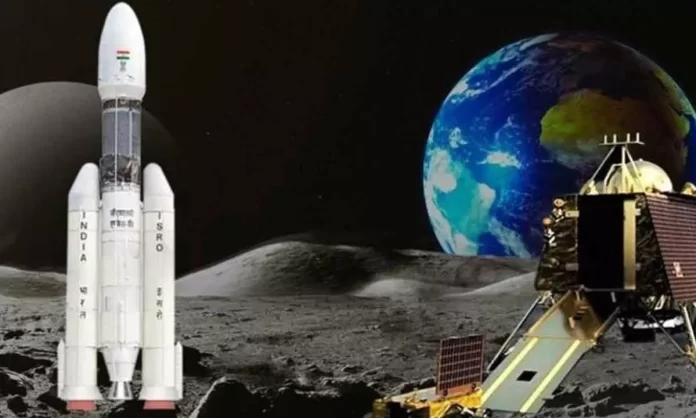In a significant move aimed at bolstering investment and advancing its space ambitions, India has relaxed regulations to permit 100% foreign direct investment (FDI) in the space sector, as per a government announcement on Wednesday.
India’s strides in space exploration received a notable boost when it achieved the historic feat of becoming the first nation to successfully land a spacecraft near the unexplored south pole of the moon in August. This accomplishment, marking India as the fourth country to achieve a soft landing, came just days after a similar Russian mission faced setbacks.
The reform in FDI policy is anticipated to stimulate employment opportunities and facilitate the establishment of manufacturing facilities within the country, the government emphasized in a statement.

“This will provide India with access to cutting-edge technological advancements and much-needed capital, not only domestically but also from international investors,” remarked AK Bhatt, Director General of the Indian Space Association.
Under the leadership of Prime Minister Narendra Modi, India has embarked on the privatization of space launches, with an ambitious goal of quintupling its share of the global launch market. Projections suggest this market could reach a value of $47.3 billion by 2032, with India presently contributing approximately 2% to the overall space economy.
Highlighting the nation’s aspirations, India’s Minister of Information Technology, Ashwini Vaishnaw, disclosed last month a target of attracting $100 billion in annual foreign direct investment (FDI) in the coming years.
India has already seen substantial FDI inflows, recording $33 billion in the first half of the current financial year, which commenced in April 2023. This figure follows a total FDI of $71 billion registered in the preceding financial year, indicating a promising trajectory for India’s investment landscape.
Indian Space Mission
India’s space missions represent a testament to the nation’s growing prowess in space exploration and technology. With a vision to push the boundaries of scientific discovery and innovation, Indian space missions have captured global attention and admiration.
From the landmark Chandrayaan missions, which explored the lunar surface and made India the fourth nation to achieve a soft landing on the moon, to the Mars Orbiter Mission (Mangalyaan), which showcased India’s capability to undertake interplanetary missions successfully on its maiden attempt, each endeavor has been a testament to India’s determination and scientific acumen.
These missions not only demonstrate India’s commitment to advancing space research but also serve as catalysts for technological advancements, fostering a culture of innovation and inspiring the next generation of scientists and engineers.
As India continues to chart its course among the stars, its space missions serve as beacons of national pride, symbolizing the country’s relentless pursuit of excellence and its aspirations to reach new heights in the cosmos.



